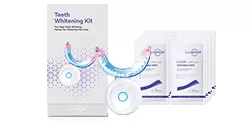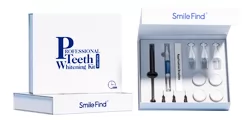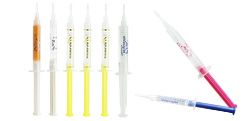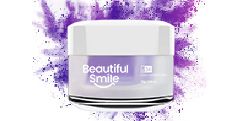What We Should Know About Teeth Whitening?
Mar. 13, 2022
Teeth whitening is perhaps a major aspect for modern people who forcus on beauty business. However, the effects of teeth whitening were discovered by accident. Earlier, dentists tried to treat gum disease with mouth washes containing hydrogen peroxide. They found that teeth became whiter over time after using these mouth washes.
Today, dentists and high-street cosmetic companies claim to offer teeth whitening services. Many tooth-whitening products are also available over the counter for at-home applications, including gels and strips, among others. So which option is the best and safest?
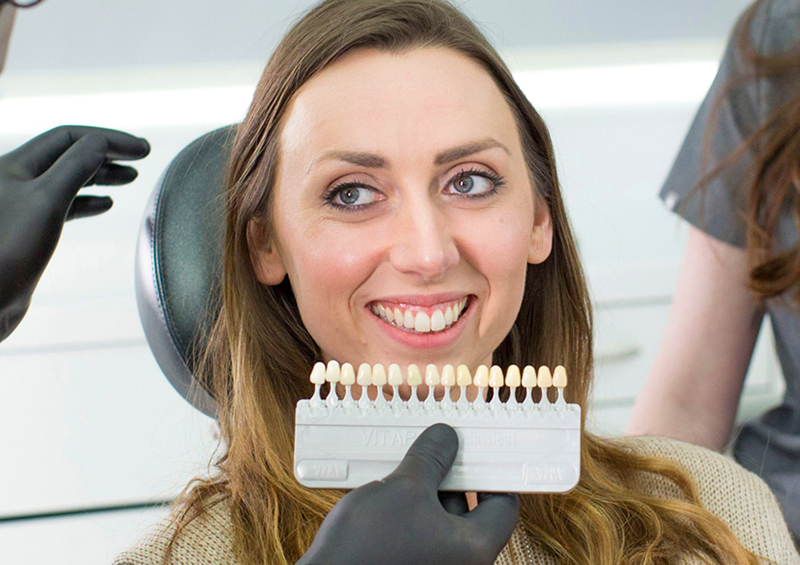
How is teeth whitening accomplished?
Teeth whitening is also commonly referred to as tooth bleaching, mainly because the active ingredient in most products is hydrogen peroxide (or products that release hydrogen peroxide when mixed with water or air). Different countries have different regulations on the allowable concentration of hydrogen peroxide released by products. In Australia, only dentists can provide products that release more than 6% hydrogen peroxide. In New Zealand, non-dentist can use up to 12% hydrogen peroxide to whiten teeth. In the UK, it is illegal for anyone other than a dentist to use concentrations higher than 0.1%.
Dentists in Australia are able to use high concentrations of hydrogen peroxide. Some in-chair whitening systems use 35% hydrogen peroxide. At this concentration, hydrogen peroxide can effectively penetrate deep into the enamel structure. Weaker concentrations only act on the surface of the enamel.
While hydrogen peroxide is the active ingredient in most whitening products, some tooth whitening gels contain carbamide peroxide or sodium perborate. Both agents break down to release hydrogen peroxide.
The difference between different whitening products?
So, what is the difference between teeth whitening services provided by dentists, whitening products provided by cosmetic companies, and do-it-yourself DIY whitening products?
The lines between these categories are blurring. Many dentists now offer teeth whitening treatments that are then taken home and available to consumers. Non-dentists also offer "in-chair" whitening treatments, often requiring light-activated products. Both methods work by releasing hydrogen peroxide, but in-chair systems tend to use products that release higher levels of hydrogen peroxide, especially those used by dentists.
Lab-based studies have shown that in-chair whitening by the dentist increases the strength of tooth enamel, making it more resistant to acid attack. In contrast, home whitening has been shown to increase the loss of mineral content in tooth enamel, which can lead to tooth weakness over time.
The researchers recommend that the home system should be used under the supervision of a dentist. Over-the-counter whitening products, if used excessively, can cause long-term damage to your teeth.
Another major difference is that the dentist will take the tooth mold and use it to make a whitening tray. This ensures that the treatment only touches the teeth and not the gums. It is important that the hydrogen peroxide does not come into contact with the gums for prolonged periods of time as this can cause burns.
Many stores that offer teeth whitening claim to use "peroxide-free" products. Consumers should ask what these actually contain. Products may be peroxide-free prior to use, but will release hydrogen peroxide upon activation. Products that don't really contain or release hydrogen peroxide are unlikely to be very effective at whitening teeth.
Tooth enamel bleached by DIY whitening products may be susceptible to damage from abrasive toothpastes. Long-term use of at-home whitening products may weaken the surface of tooth enamel, making it more susceptible to acid damage or abrasion.
Once your teeth are whitened, you don't have to continue whitening, but the effects will wear off over time. Whitening effects usually last 6-12 months, depending on brushing and eating habits.
Recently, toothpaste containing charcoal has become more and more popular. Some promote these products to benefit oral health and teeth whitening. However, a recent review in the Journal of the American Dental Association found that there was insufficient evidence to support these claims.
Things you need to pay more attention before teeth whitening
Before any teeth whitening procedure, it is best to have a checkup to ensure oral health. Teeth whitening products often cause temporary oral sensitivity. Identifying any dental health issues in advance will reduce the risk of experiencing too many surprises.
Any type of teeth whitening treatment will not work on dental restorations such as fillings, plywood and crowns (caps) as teeth whitening only works on natural teeth. This can lead to a mismatch between the whitened natural tooth and any such restoration. This factor needs to be taken into account when teeth whitening in people without formal dental training, as they may not be able to predict which teeth will not.
Dentists generally cost more for treatment, but offer more assurance to patients. Dentists can use stronger products, are more likely to understand the effects of each type of whitening product/service, and can also help more effectively if any problems arise.
Inquire Us Now




